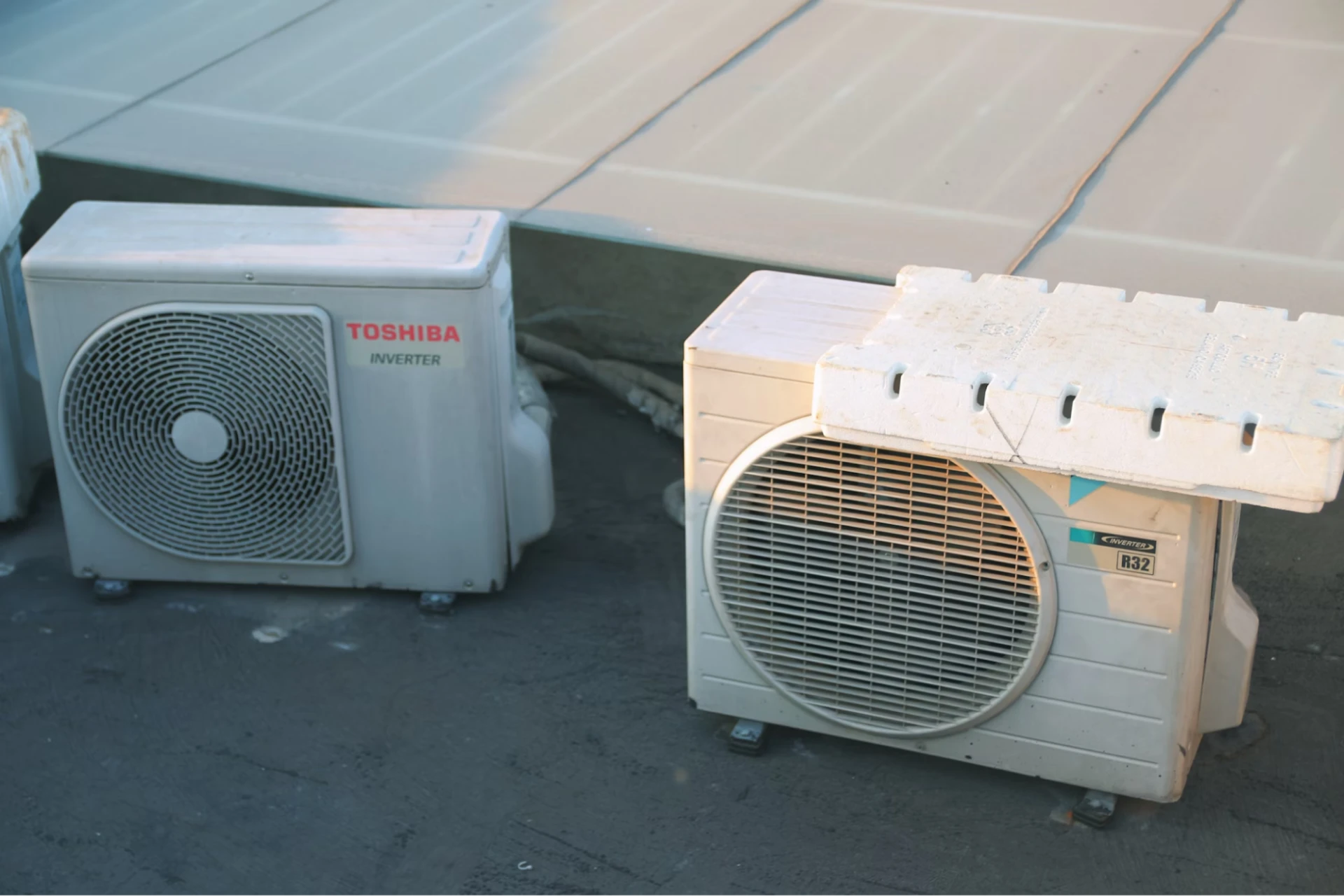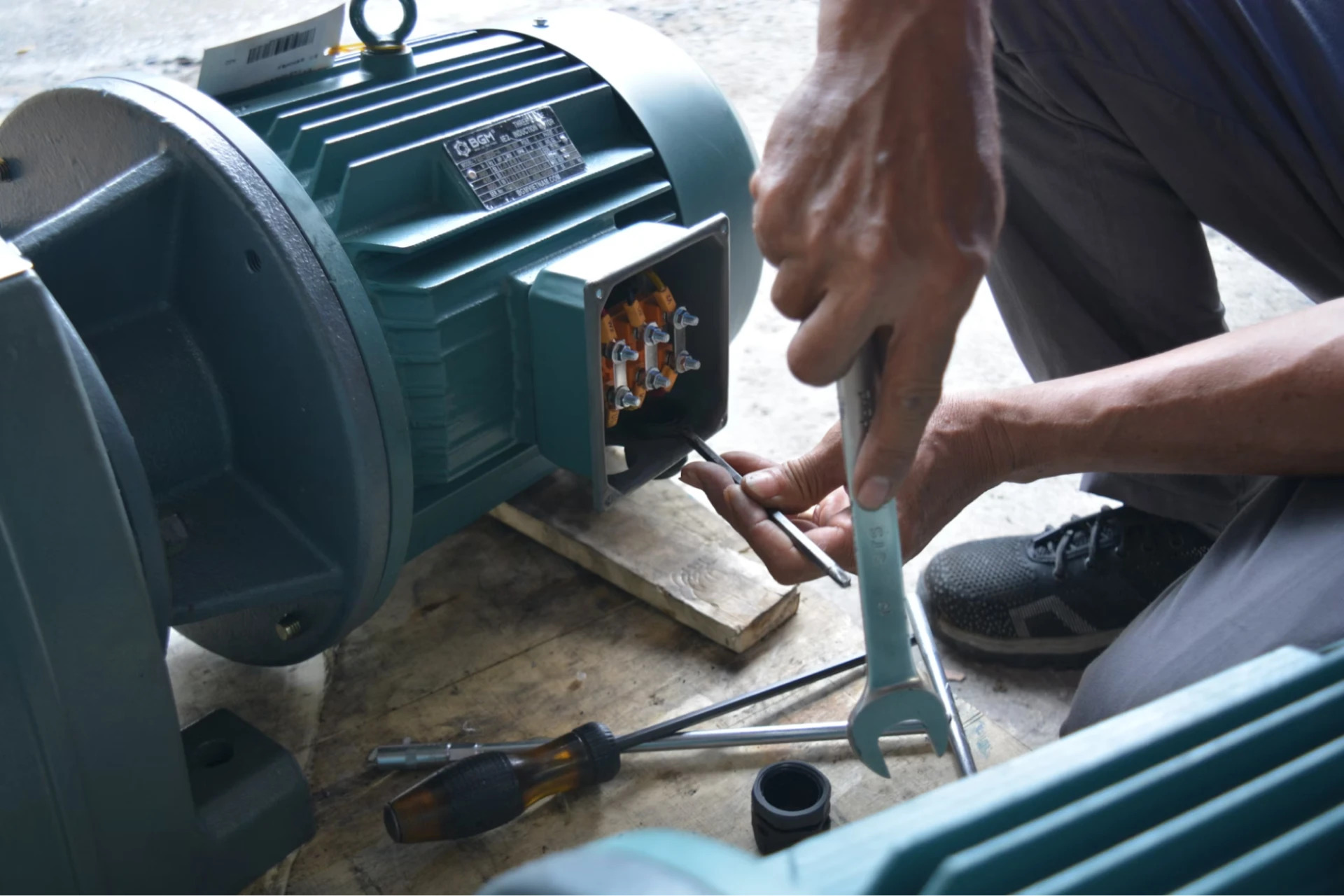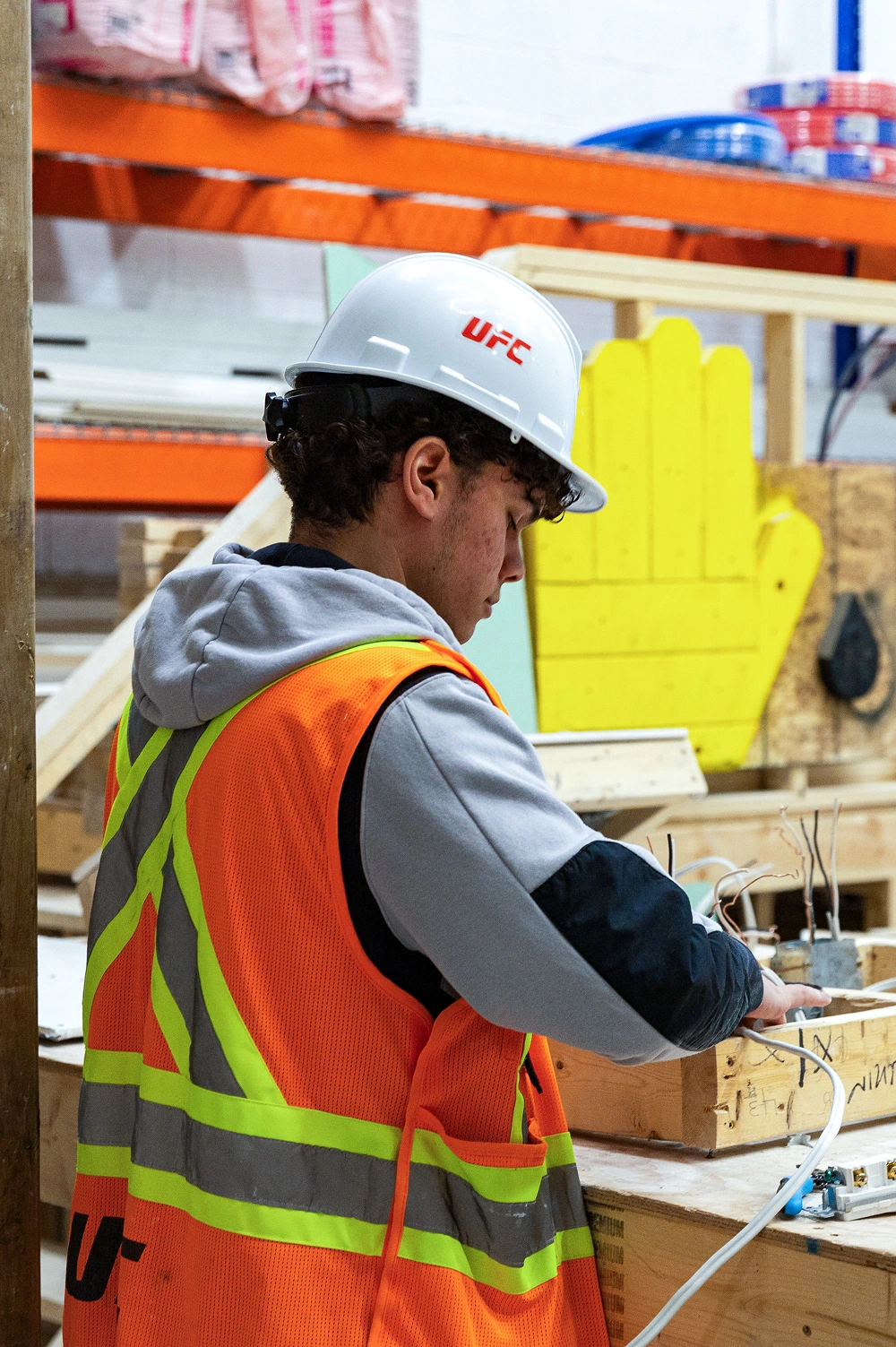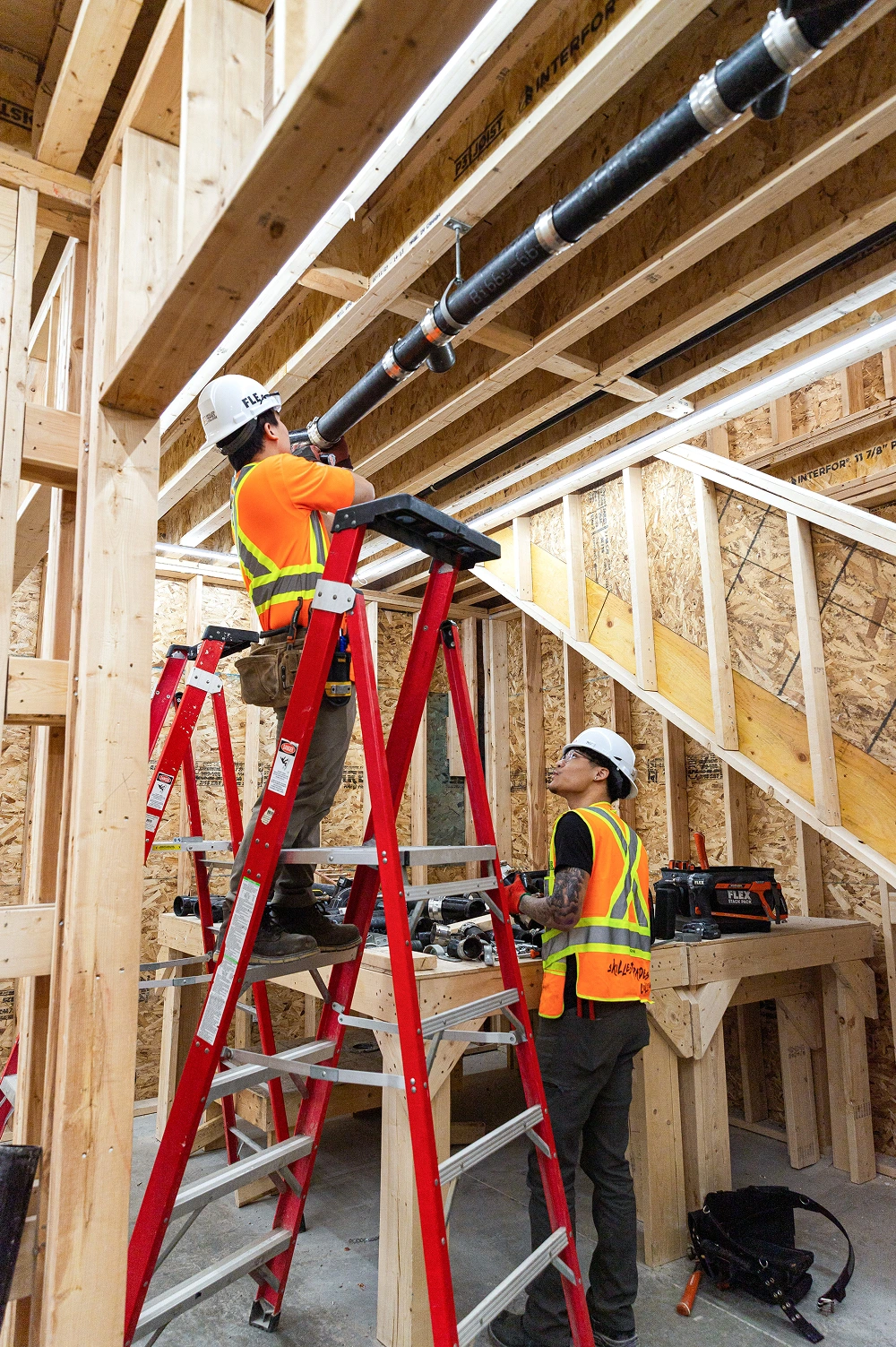Industrial vs. Commercial Electrician: What's the Difference?

Published On
2025-07-09

The Ontario government wants to ensure that the rise in provincial energy consumption also means an increase in energy efficient practices. HVAC technicians who undertake heat pump installation training will play a role in ensuring energy efficiency by installing heat pumps to offset emissions.
Heat pump installation is one of the key skills HVAC apprentices need in 2025 due to Ontario’s increasing energy demands. With provincial energy usage expected to rise 75% by 2050, Ontario’s infrastructure must be equipped to handle the load without it becoming a financial or environmental burden.
Heat pumps are being installed across Ontario to help improve efficiency, a task which needs the hands of skilled HVAC professionals. For heat pump installation, Ontario technicians require training that will equip them with the knowledge to make Ontario’s climate goals a reality.

Image Source: Unsplash
Heat pumps use electricity for both heating and cooling and significantly reduce natural gas consumption. On average, heat pump installation saves households around $1,337 a year on energy costs, and up to 2.78 tonnes of greenhouse gases annually.
Note that these savings are for those participating and eligible for the Oil to Heat Pump Affordability (OHPA) program.
This is important to help the Government of Ontario reduce emissions in the years to come. The current annual provincial energy use stands at 151 terawatt-hours (TWh) as of 2025, with it forecasted to reach 262 TWh by 2050.
Heat pump installation in Ontario can greatly reduce emissions produced by this increase in energy, demonstrating necessary skills HVAC apprentices need in 2025 and beyond.
To become qualified for heat pump installation in Ontario, you must acquire strong knowledge of provincial regulatory requirements. Additionally, you need to learn about the latest principles and technologies used for heat pump installation.
This course provides full-scope HVAC training for both commercial and residential systems. With the 313A course, apprentices can tackle any heat pump job, ranging from initial sizing to advanced diagnostic tasks.
The course focuses on residential systems of medium size that provide cooling capacities of up to five tonnes. It applies to most Ontario housing retrofits, making the 313D valuable for apprentices who have a greater interest in residential units.
All HVAC technicians who work on hybrid systems or gas furnace applications need a G2/G1 certification. Apprentices usually begin with a G2 and then progress to a G1 to acquire greater expertise and earnings.
In addition to the certifications mentioned above, HVAC technicians need to understand three distinct skills for heat pump installation: correct sizing, advanced refrigerant handling, and cold-climate defrost controls.
Heat pump installation goes beyond traditional HVAC jobs. It requires a blend of electronics, software, and mechanical know-how. Typical service calls for heat pumps may include the following:
Hands-on diagnostics and rapid troubleshooting are essential tasks for HVAC technicians to undertake. These are among the skills HVAC apprentices need in 2025, especially for those looking to add heat pump installation to their service offerings.

Image Source: Unsplash
The best way to learn the craft of heat pump installation is through hands-on training. At the Skilled Trades College of Canada (STC), pre-apprentices spend 80% of their time handling heat pump jobs through a hands-on approach. The remaining 20% is theoretical learning taught in the classroom.
For example, STC’s HVAC pre-apprenticeship program exposes students to scenarios that occur in the field. That could mean wiring live controls, troubleshooting a glitchy heat pump, or charging refrigerants. We provide training that heat pump installation Ontario talent need to excel in this growing field.
As Ontario ramps up its efforts toward energy efficiency, the need for skilled HVAC apprentices who provide heat pump installation is growing rapidly. The job calls for professionals with hands-on training, recognized certifications, and deep knowledge of HVAC principles.
At the Skilled Trades Colleges of Canada, we equip you with these skills so you’re field-ready within months and can contribute to Ontario’s energy-efficient future.
Are you looking to gain the skills needed to become an expert at heat pump installation? Contact us today to learn more about how our HVAC apprenticeship programs can prepare you for the field.
9,281+
LIVES CHANGED

12,481+
WIRES PULLED

85,382+
2X4'S CUT

9,756+
PIPES LAYED

9,281+
LIVES CHANGED

12,481+
WIRES PULLED

85,382+
2X4'S CUT

9,756+
PIPES LAYED

9,281+
LIVES CHANGED

12,481+
WIRES PULLED

85,382+
2X4'S CUT

9,756+
PIPES LAYED
